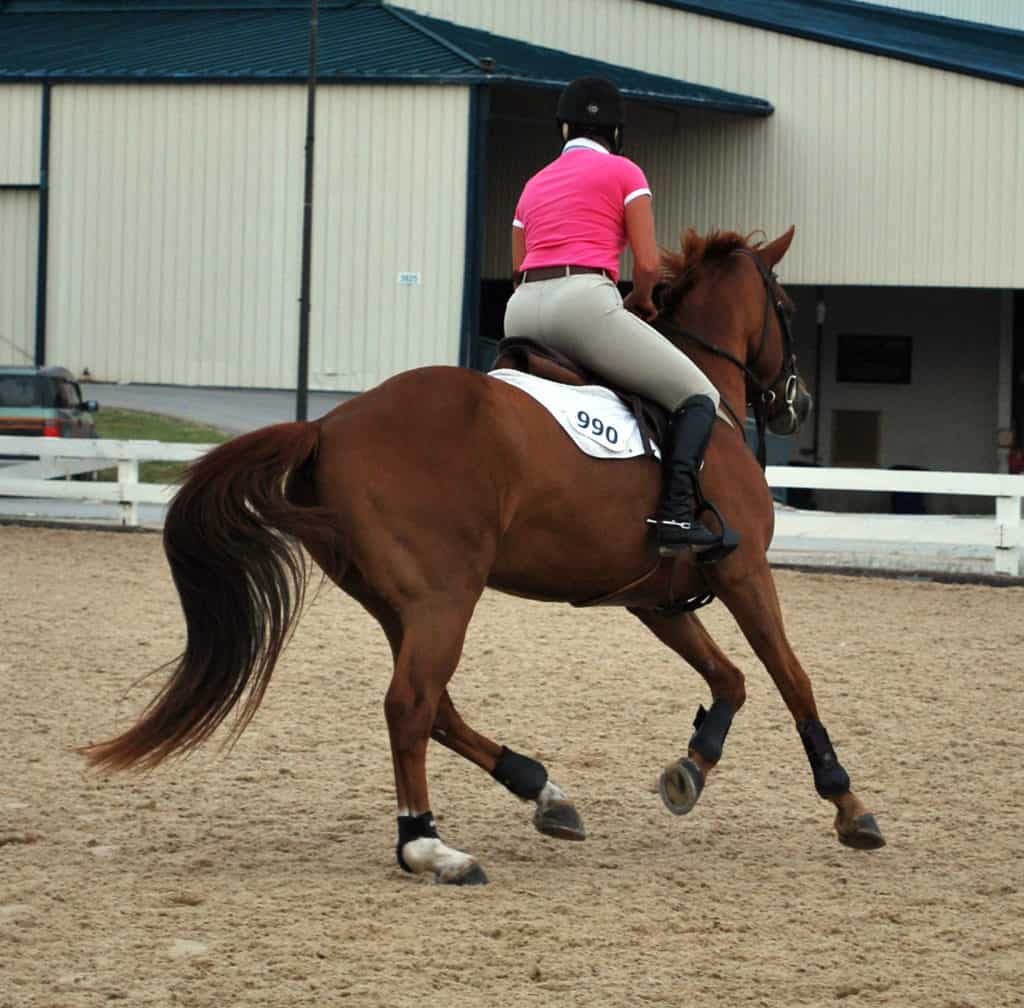
Does Skeletal Muscle Inflammation Lead to Hyperinsulinemia?
Researchers could not identify a positive relationship between inflammation and obesity or insulin resistance in horses.

Researchers could not identify a positive relationship between inflammation and obesity or insulin resistance in horses.

Researchers hope to reduce the risk of racehorse fatalities on the track.

Hot topics include digestion, metabolism, soft tissue injuries, and inflamm-aging.

Drs. Norm Ducharme, Sue Dyson, and Susan Stover will be inducted into the UK Equine Research Hall of Fame in October.

Scientists say molecular changes to an in-joint protein layer called lubricin could indicate osteoarthritis development.

Learn about less common but more difficult to diagnose upper body lamenesses in horses.

Your horse is wounded, bleeding, or critically ill: What should you do? Get advice from our expert!

Researchers found that hard surfaces, shallow footing depths, and compacted footing could increase horses’ injury risk.

One equine surgeon reviews the growing trend toward surgery in the standing horse rather than in anesthetized patients.

Researchers are evaluating the impact of these proteins in combating performance-induced physiologic stress in horses.

Dr. David Levine of the University of Pennsylvania School of Veterinary Medicine’s New Bolton Center explains options for horses who’ve sustained bone fractures or breaks.

Welfare issues include stress/pain behavior; inappropriate nutrition, stabling, and turnout; and delayed death.

Find out how your horse can hurt his neck, risks for injury and disease, and associated therapies, so you can give your horse the best chance for a strong neck and an athletic future.

This treatment uses the horse’s blood to generate serum enriched with growth factors and anti-inflammatory mediators.

Infected joints can be scary and cause stress, but early aggressive treatment offers the best chance for full recovery.

PET reveals activity at the molecular level and detects changes in tissue before the size or shape is modified.
Stay on top of the most recent Horse Health news with
"*" indicates required fields